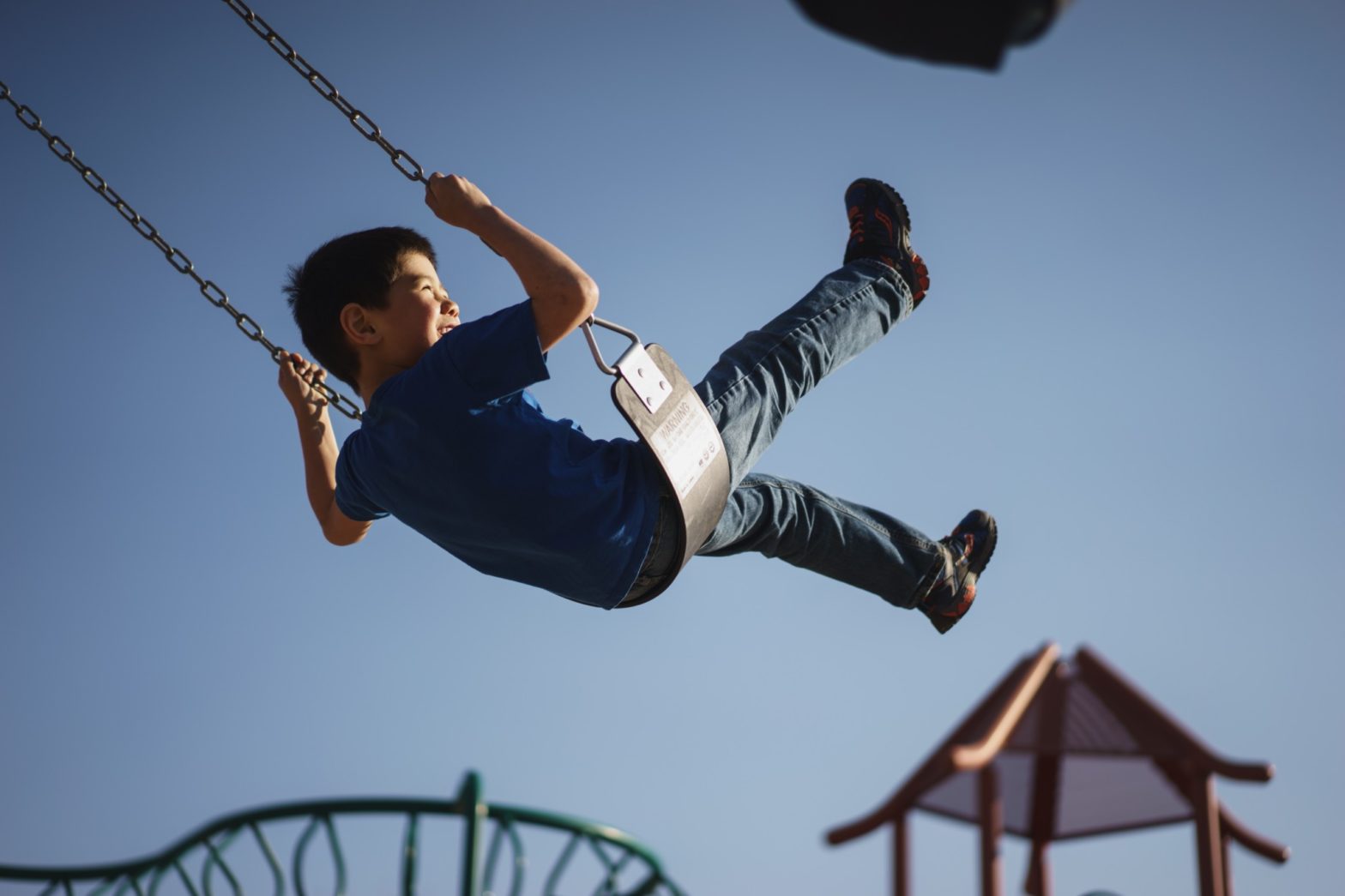Next time you’re at a park or playground, bear this in mind . . . the owner of the park or playground may have no legal duty to keep the property safe or warn people about dangerous conditions on the property. In other words, the owner of the park or playground may not be legally obligated to inspect and repair the jungle gym or even warn visitors about known criminal activity that has occurred in the park. This even applies to certain properties owned and operated by the state or federal governments.
Under Georgia law, individuals or organizations who own or occupy land are required to use ordinary care in keeping their premises safe for “invitees.” An invitee is a person whom the owner or occupant of a property allows to enter the premises for the owner or occupant’s benefit. A retail store customer, a restaurant patron, and a hotel guest are all examples of an invitee. An owner or occupant’s duty to invitees generally includes inspecting, maintaining, and repairing the premises and warning invitees about hazardous conditions on the property. If an invitee is injured because the owner or occupant of the property failed to use care in keeping the premises safe, then the owner or occupant can be held liable for the invitee’s injuries.
If an owner or occupant of land allows a person onto the property for the person’s own use and enjoyment, the person is considered to be a “licensee.” The classic example of a licensee is a social guest. Owners and occupants of land owe a lesser duty to licensees; they are only liable to licensees for “willful or wanton injury.” In plain language, this means that a landowner may not intentionally or recklessly cause injury to a licensee. But, in general, landowners owe no duty to licensees to inspect, maintain, or repair the premises. Generally speaking, a landowner is only required to warn licensees of hidden hazards of which the landowner has knowledge and the licensee does not.
Under the Georgia Recreational Property Act, however, landowners who open their property for free recreational use by the public owe no duty to keep the premises safe or to give any warning about dangerous conditions on the premises. Under the “RPA,” a landowner who opens property to the public for free recreational use does not extend any assurance that the premises are safe for any purpose. Further, people who enter the property for free recreational use do not become “invitees” or “licensees” of the landowner. The RPA applies to both private and public landowners. So, the state and federal governments are generally protected by the RPA from claims arising on government land that is made available to the public for free recreational use.
One important exception to the applicability of the RPA has come to be known as the “charge exception.” Under the charge exception, a landowner who charges a price or fee to people entering the premises for recreational use is not entitled to the protections of the RPA. So, if a landowner charges an admission fee to those who enter and use the property, the landowner cannot benefit from the insulation from liability created by the RPA.
But, what about the parking fees that we must pay at the entrances into some state and national parks? Courts have consistently ruled that these fees are not “admission fees,” but rather fees collected for the privilege of driving and parking a vehicle on the property. So, collecting a parking fee at the gate does not prevent landowners, including the state and federal governments, from shielding themselves from liability under the RPA. In addition, many courts have held that fees charged for the use of certain facilities or amenities, such as campgrounds or boat launches, are not admission fees and, therefore, do not remove the protections of the RPA.
In spite of the broad protections afforded to recreational property owners under the RPA, there are still circumstances under which these landowners may be held liable for injuries that occur on their properties. If you have been injured on recreational property, you should contact experienced legal counsel to evaluate the specific facts and circumstances surrounding your injuries. You very well may have a valid claim. But, in any event, use caution and care at all times on recreational property, and do not presume that the owner of the property has made the premises safe or provided adequate warning of hazardous conditions.
